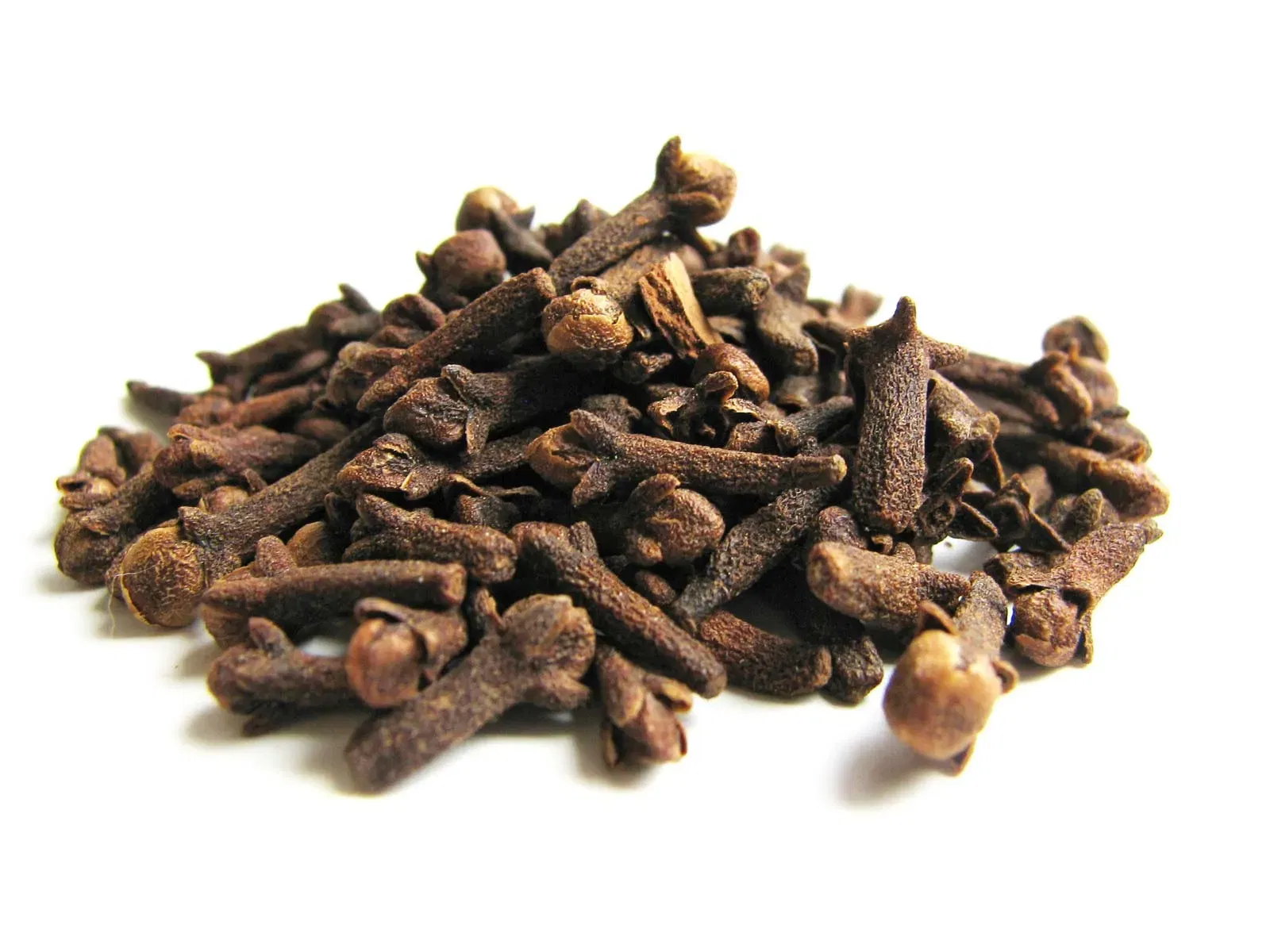ADVERTISEMENT
Eugenol in cloves can slow blo0d clotting. For those taking anticoagulant medications such as warfarin or daily aspirin, excessive clove consumption could increase bleeding risk.
Stomach and Digestive Irritation
Large amounts of cloves, especially in concentrated forms like clove oil, may cause heartburn, stomach pain, or diarrhea. Older adults with sensitive stomachs should limit intake.
Possible Allergic Reactions
Although rare, some individuals may experience allergic reactions to cloves, including skin rashes or respiratory irritation from inhaling clove powder or oil.
Liver Toxicity Risk

Consuming high doses of clove oil has been linked to liver damage. This is particularly important for older adults who may already have liver conditions or take multiple medications that affect liver function.
Medication Interactions
Cloves can interact with blood thinners, diabetes medications, and certain pain relievers. Always meet a healthcare provider before increasing clove consumption if you are on prescription drugs.
Safe Usage Tips for People Over 50
Stick to culinary amounts: Consume cloves in cooking, baking, or mild herbal tea (1–2 whole cloves per cup).
Avoid undiluted clove oil: If using clove oil, always dilute it in a carrier oil before applying topically, and never consume it directly without medical advice.
Meet your doctor: If you take blood thinners, have liver problems, or have a chronic condition, check with a healthcare provider before adding cloves to your diet.
Balance with other spices: Pair cloves with cinnamon, ginger, or turmeric for a flavorful and health-boosting combination.
ADVERTISEMENT
